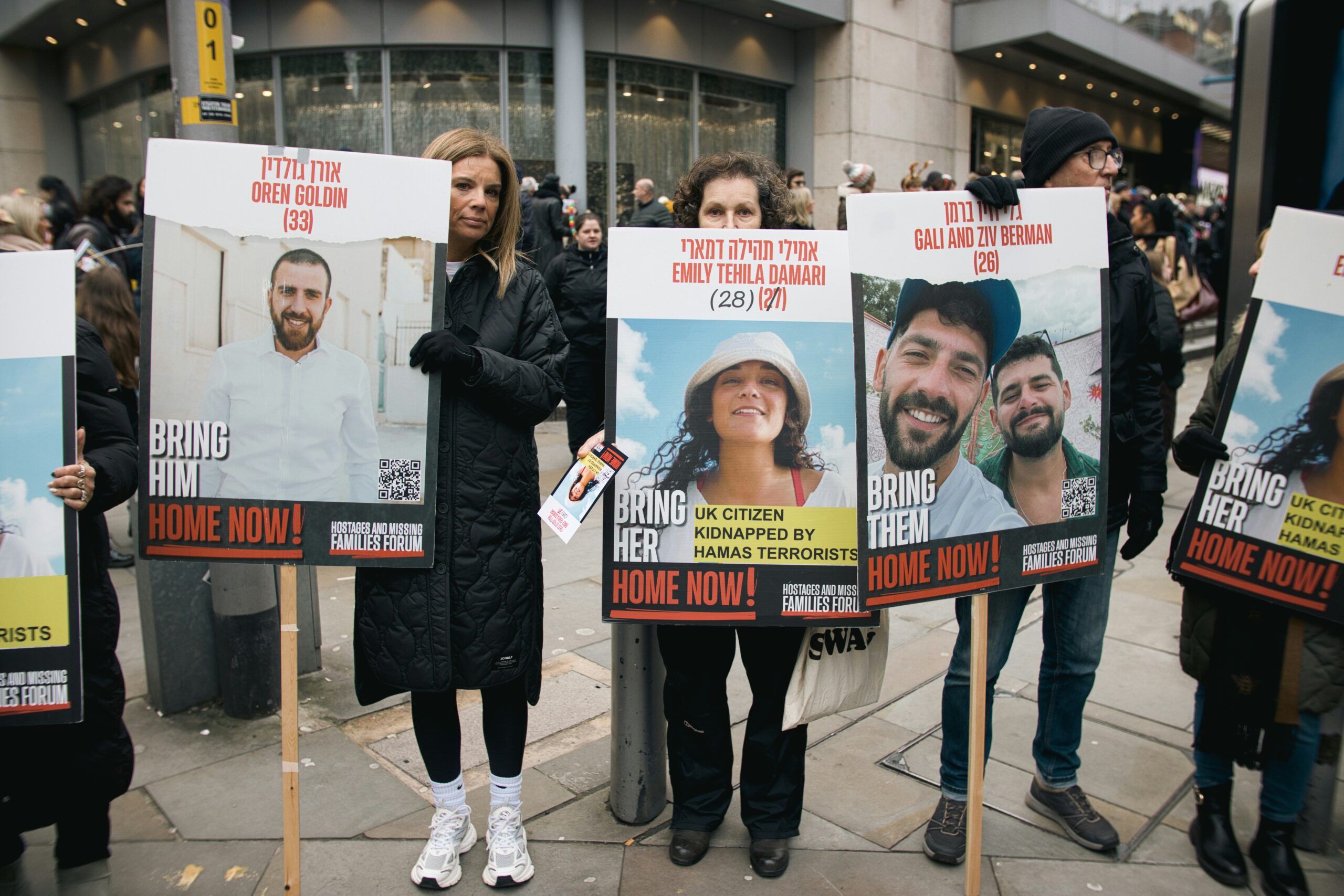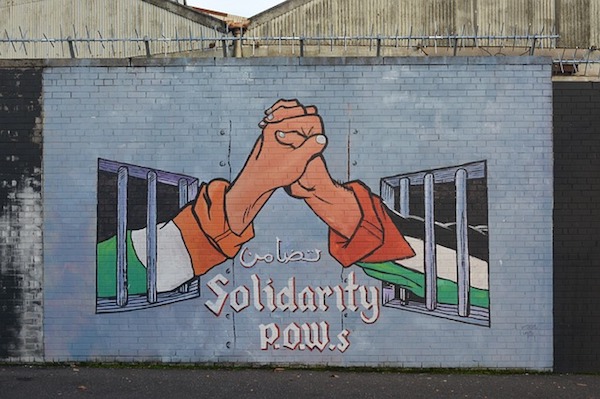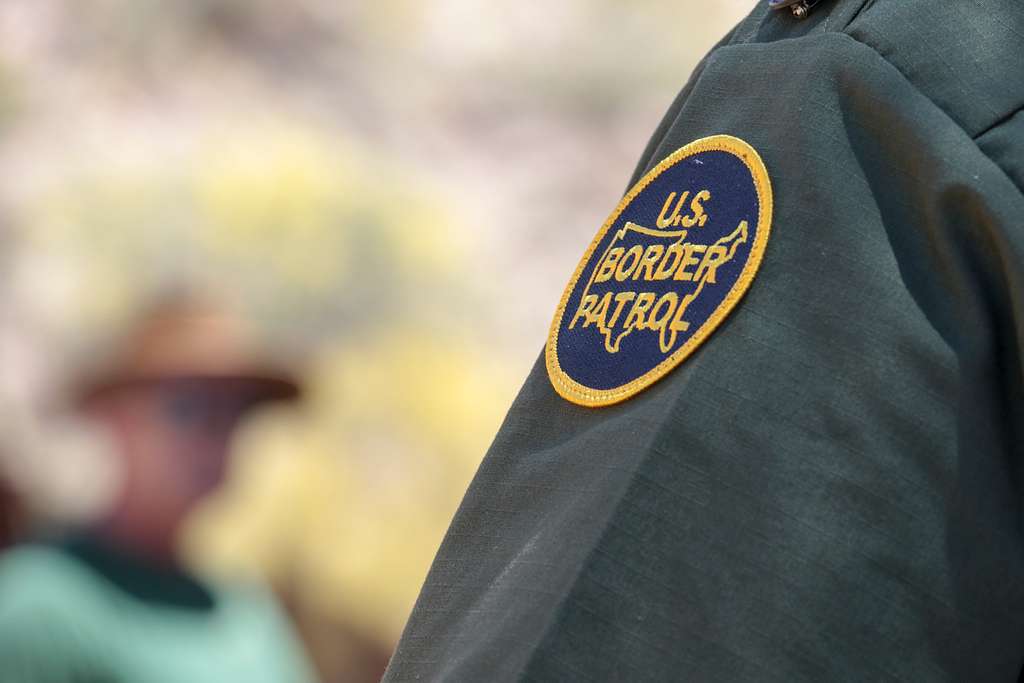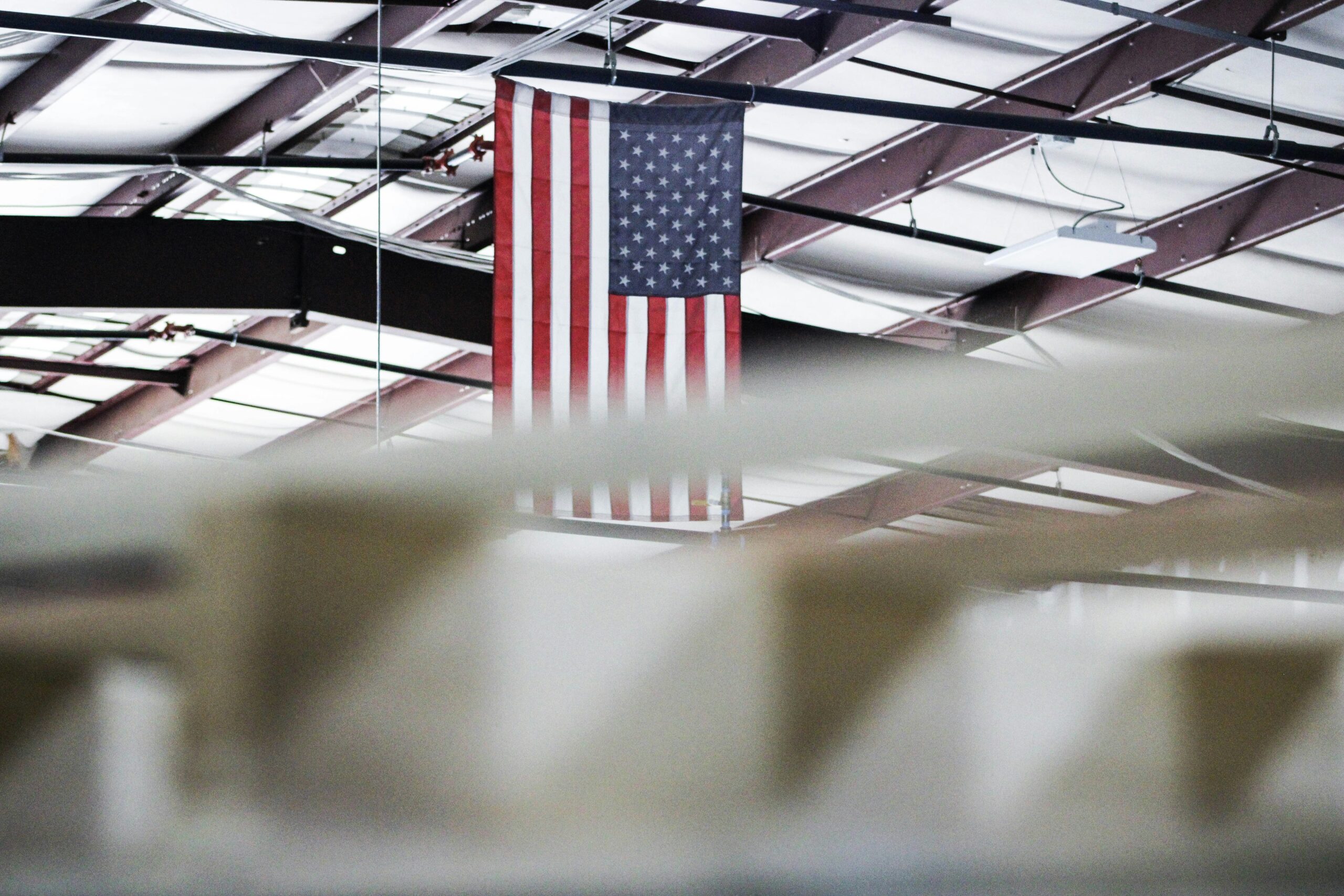For decades, Israel has been hailed by Western leaders as the Middle East’s only democracy, regardless of how meaningless the statement actually is. But under the continued rule of Prime Minister Benjamin Netanyahu—now Israel’s longest-serving leader—critics are asking a sobering question: is that label still accurate?
The Netanyahu government has spent the past year dismantling the core institutional checks that define democratic governance. What began as a controversial judicial overhaul has snowballed into a sweeping consolidation of power, with implications far beyond legal bureaucracy.
In March, Netanyahu pushed through legislation granting his coalition unprecedented control over the Judicial Selection Committee, effectively allowing the ruling bloc to appoint judges at will. This change neuters the independence of the judiciary, which had long served as a counterweight to executive power. Israel’s Supreme Court, which temporarily blocked the firing of Shin Bet chief Ronen Bar, remains one of the last institutions capable of limiting Netanyahu’s actions—and it is now under siege.
The attempted removal of Bar, who reportedly resisted political interference in national security investigations, triggered outrage among both former intelligence officials and opposition leaders. Netanyahu claimed the dismissal was due to “security failures,” but critics allege it was retaliation for disloyalty. That attempt was halted—for now—by the very court his government is working to neutralize.
These moves have not gone unnoticed. Mass protests have rocked Israeli cities week after week, with demonstrators waving black flags and chanting slogans like “democracy or dictatorship.” Protesters represent a broad cross-section of Israeli society: civil servants, students, veterans, and even members of elite military units. Their message is unified: Netanyahu is dismantling democracy under the guise of security and stability.
Internationally, alarm bells are ringing. U.S. and EU officials have issued cautious statements, with some warning that Israel is beginning to resemble the authoritarian regimes it once condemned. Legal scholars point to parallels with democratic backsliding in Hungary and Poland, where populist leaders captured the courts to entrench power.
Netanyahu’s defenders insist these reforms are necessary to “rebalance” an activist judiciary. But that narrative is undermined by the broader context: the centralization of media oversight, the expansion of surveillance powers, and the targeting of NGOs critical of the government.
The erosion of democratic norms is not theoretical. Civil rights groups report a spike in politically motivated arrests, especially of Palestinian citizens of Israel and Jewish activists opposed to the Gaza war. Journalists critical of the government have been harassed and, in some cases, barred from official briefings. Even military leaders who express dissent risk public denunciation.
The cumulative effect is chilling. While elections continue, the mechanisms that make democracy meaningful—an independent judiciary, a free press, and the right to protest without fear—are being hollowed out.
“Israel is no longer a liberal democracy,” said Professor Amnon Reichman, a constitutional law expert at the University of Haifa. “It has entered a hybrid phase, where elections exist but checks on executive power are vanishing.”
As Netanyahu tightens his grip, the world faces an uncomfortable reckoning. Can a state that imprisons dissidents, genocides a people, sidelines its judiciary, and concentrates power in the hands of one man still call itself democratic?
Author
Discover more from The Crustian Daily
Subscribe to get the latest posts sent to your email.













